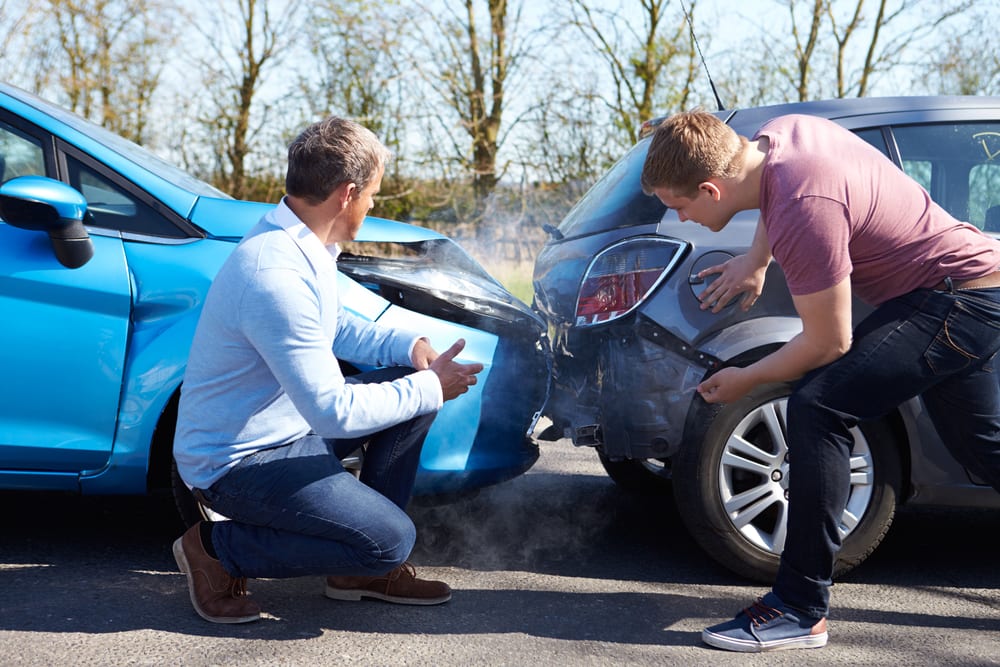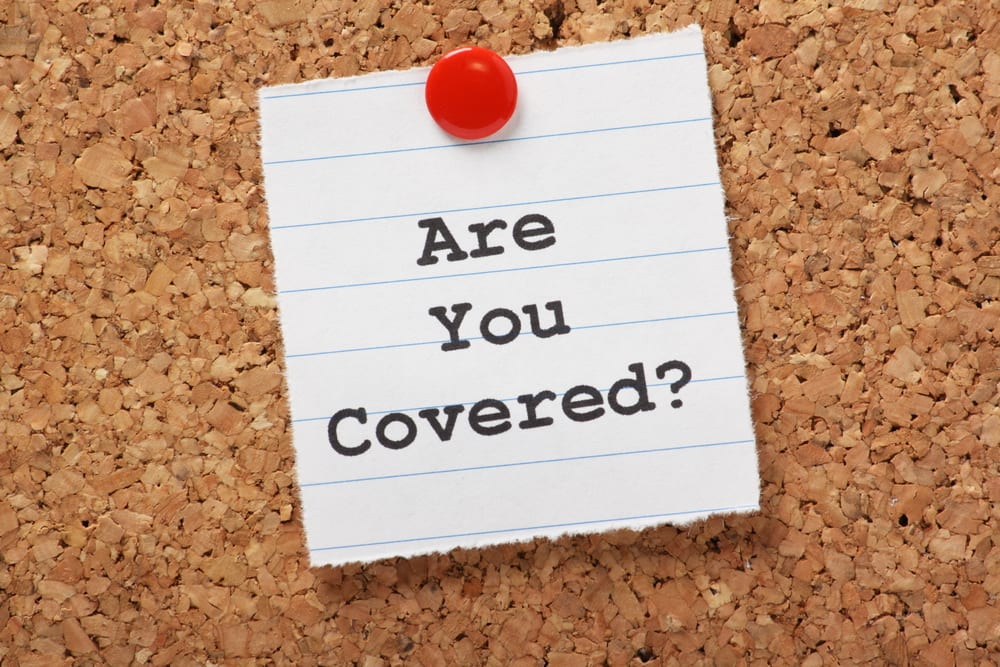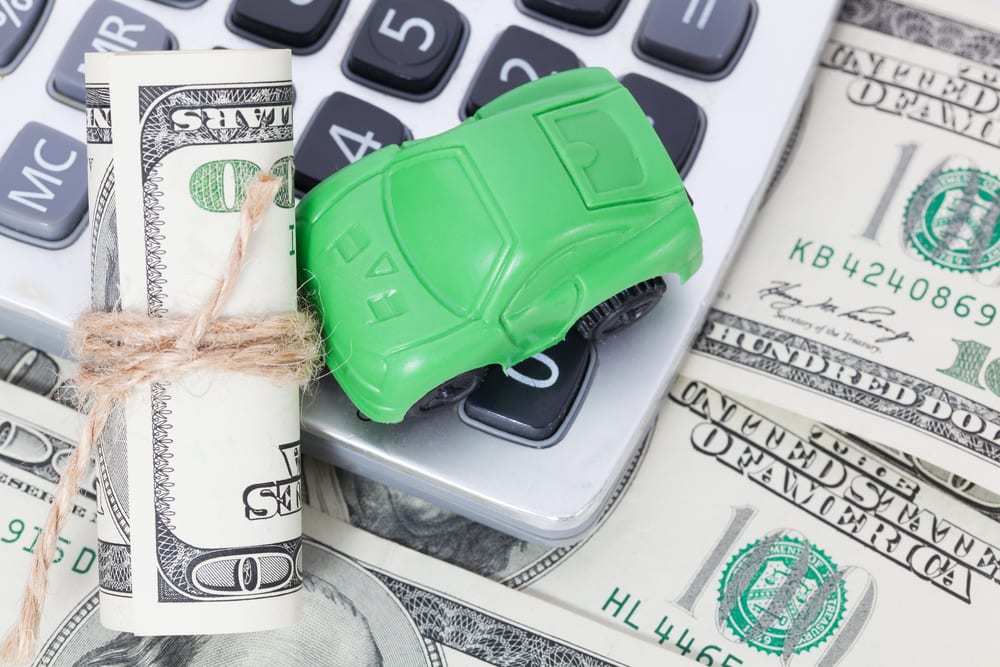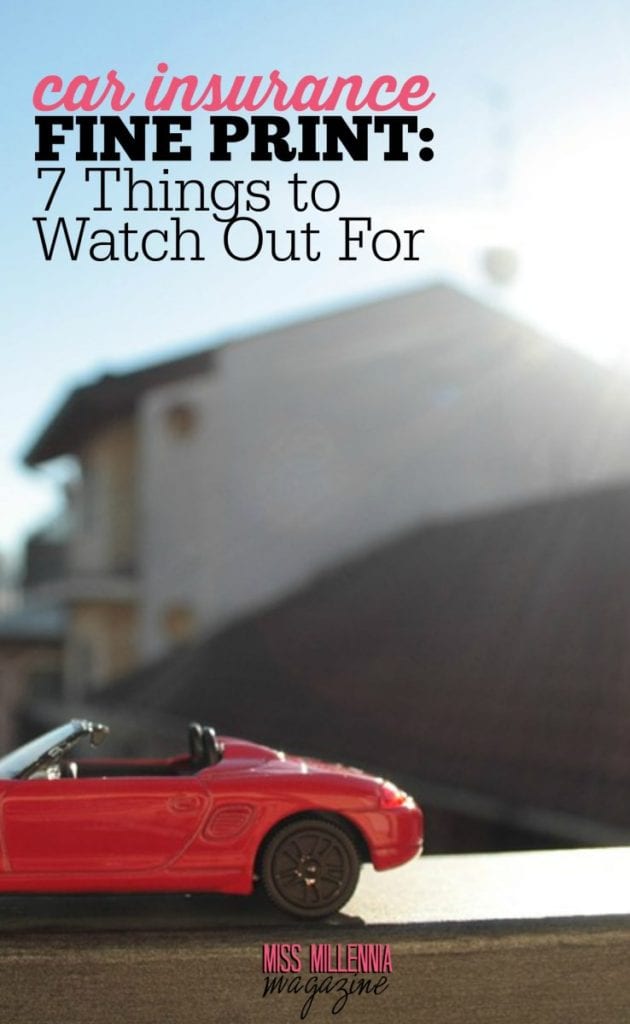Car Insurance Fine Print: 7 Things to Watch Out For
It is easy to get tempted by extremely low prices when shopping for a car insurance policy. Cost, however, isn’t the only factor you should consider. Regardless of how much you pay, the important thing is to give your car insurance policy more than a quick glance.
It is imperative that you carefully read your policy to understand what your insurance will and will not pay for, and what you are entitled to if you are injured in an accident. Study each and every detail and understand their implications in order to avoid any unpleasant surprises down the road.
These are just some of the things to watch out for when choosing a car insurance policy:
1. No coverage or lack of coverage for other drivers
Standard car insurance policies are typically considered family policies—or policies that cover you, the members of your household, as well as other drivers you may choose to occasionally loan your car to. These policies are roughly 15% more expensive compared to other auto insurance policies. Individuals looking for a great deal on their policy may not realize that they are purchasing car insurance that only provides coverage to the driver specifically named in the policy.
Some nonstandard car insurance policies may have other exclusions, such as not providing coverage to drivers below 25 or 21 years of age. They may also require you to exclude a risky driver in your household from coverage, such as a teenager with a history of speeding tickets.
In some states, step-down provisions are also included in the insurance company’s policies. These provisions reduce liability limits to the minimum levels required by the state if the vehicle is driven by an individual not named on the policy.
2. The right of appraisal clause
The right of appraisal clause in a car insurance policy primarily applies to property damage. If your vehicle is damaged, the clause enables you, the policyholder, to dispute an estimate provided by the insurance company—particularly if you believe you are being offered less than what you deserve. The clause can be applied in a disagreement over the cost to repair your vehicle, your vehicle’s value in a total loss claim, or possibly even your vehicle’s diminished value.
If the appraisal clause is invoked, then both you and the insurance company may select an unbiased appraiser to perform an appraisal. Both appraisers will then appear before an umpire, who will then decide on a fair and reasonable amount.
3. The limits of liability clause
Limits of liability is a clause commonly found in most insurance contracts, and is also a clause that can bring about a great deal of confusion. This provision, in a car insurance policy, is generally used to control how much the insurance agency needs to pay the policyholder.
The biggest trap in the limits of liability clause is the phrase “as defined by us.” Often used to describe the cost of vehicle repair, the phrase may allow the insurer to insist on paying no more than the average per hour labor rate of local repair shops. In some instances, insurance companies will even use the phrase to compel you to agree on rates that are below average, thus resulting in a lower payout for you. If you insist on going to other repair shops, you may need to cover the difference.
4. Mileage caps
Some insurance companies follow the logic that a car is more likely to break down the more it is used. Because of this logic, the insurer may increase your premium if you reach specific mileage caps, particularly if your insurance policy is offered at a low price. Always ask your insurance agent about their mileage requirements. Determine how much you’ll be using your car, and see to it that the insurance policy includes enough mileage to cover it.
5. Deductibles
A deductible refers to the amount of money that you agree to pay towards repairs before the insurance company pays for the remaining amount. Deductibles are among the frequently misunderstood sections of a car insurance policy, and many people fail to realize that the amount of the deductible impacts the amount of premium paid for car insurance.
Policies with extremely low premiums mean conversely large deductibles, and vice versa. As such, you may struggle to pay the deductible amount if the time comes. It is important to find a balance between a deductible that fits your insurance budget and how much you can reasonably expect to afford in case of a claim.
6. Additional fees
Additional fees aren’t uncommon when dealing with insurance companies. In order to avoid unforeseen expenses, ask the insurance agent about their extra costs before finalizing your policy. Examples of additional fees and charges are application fees, processing fees, direct debit charges, cancellation fees, adjustment fees, installment charges, and duplicate document fees.
7. “Dollar a day” insurance
“Dollar a day” insurance refers to policies that cost as little as $365/year. These types of policies offer drivers an affordable way to drive legally, without the risk of losing their vehicles. Unfortunately, a closer look at the fine print will reveal that such policies only provide very basic medical costs such as just the emergency room care, and will not properly or fully compensate you for your injuries and damages. If you’re looking for more coverage than just emergency room care, this type of insurance policy is not for you.
Don’t be quick to settle for a deal that appears too good to be true. Take the time to thoroughly understand the policy, be wary of the language used, and read the fine print. Ask as many questions as possible. If you are not familiar with the format or key terms in car insurance policies or need help interpreting them, seek help from an experienced car accident attoArA
Article Written By: Scott D. Grossman of https://www.grossmanjustice.com/motor-vehicle-accidents












